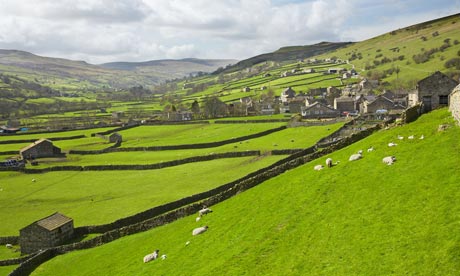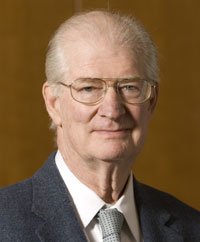The Entrepreneurial Genius Fallacy
The "entrepreneurial genius" fallacy is aptly described by economist Mariana Mazzucato, who notes that it "overlooks the vital role of collective efforts, public infrastructure, and social support in fostering innovation and economic growth." While entrepreneurs undoubtedly contribute to economic progress, their success is intricately intertwined with broader societal factors.
As Nobel laureate Paul Romer eloquently emphasizes, "Economic growth occurs whenever people take resources and rearrange them in ways that make them more valuable." While entrepreneurs play a role in resource rearrangement, it is the collective investment in public infrastructure that enables them to thrive. Bridges and roads, as urbanist Jane Jacobs highlights, "are public goods that create more value than they consume," providing the vital arteries for commerce and enabling entrepreneurs to transport goods, connect with customers, and access markets.
The "entrepreneurial genius" fallacy disregards the indispensable role of knowledge and education, as emphasized by economist Joseph Stiglitz. He reminds us that "innovation doesn't happen in a vacuum" but requires a well-educated and skilled workforce. Entrepreneurs may provide vision and ideas, but it is the collective efforts of educators, researchers, and institutions that provide the foundation of knowledge and skills. The great innovations, as echoed by inventor Thomas Edison, are often the result of "one percent inspiration and ninety-nine percent perspiration" of countless individuals working collectively.
Moreover, a thriving entrepreneurial ecosystem is a testament to the power of collective support. As entrepreneur Reid Hoffman observes, "No one ever makes a billion dollars. You take a billion dollars." Entrepreneurship flourishes within supportive environments that provide access to capital, mentorship, and networking opportunities. These ecosystems involve various actors and institutions, as innovation scholar Carlota Perez suggests, forming "a collaborative and symbiotic space" that fuels entrepreneurial success.
Lastly, the significance of social safety nets in fostering entrepreneurship cannot be overstated. As economist Joseph Schumpeter asserts, "Entrepreneurial capitalism is not only the most efficient but also the most just form of economic organization precisely because it offers greater scope to human freedom than any other." Robust social support systems ensure individuals can take calculated risks and pursue entrepreneurship without fear of falling through the cracks. Nobel laureate Amartya Sen underscores this, stating, "The extent of entrepreneurship depends on the extent of the social opportunities that people have reason to choose."
In conclusion, recognizing the fallacy of the "entrepreneurial genius" narrative involves appreciating the contributions of collective efforts, public infrastructure, and social support in fostering innovation and economic growth. Entrepreneurs, as catalysts, rely on the foundation built by society as a whole. As economist Robert Reich eloquently sums it up, "Success is not the measure of one's worth; it's the measure of how many shoulders one stands on."


